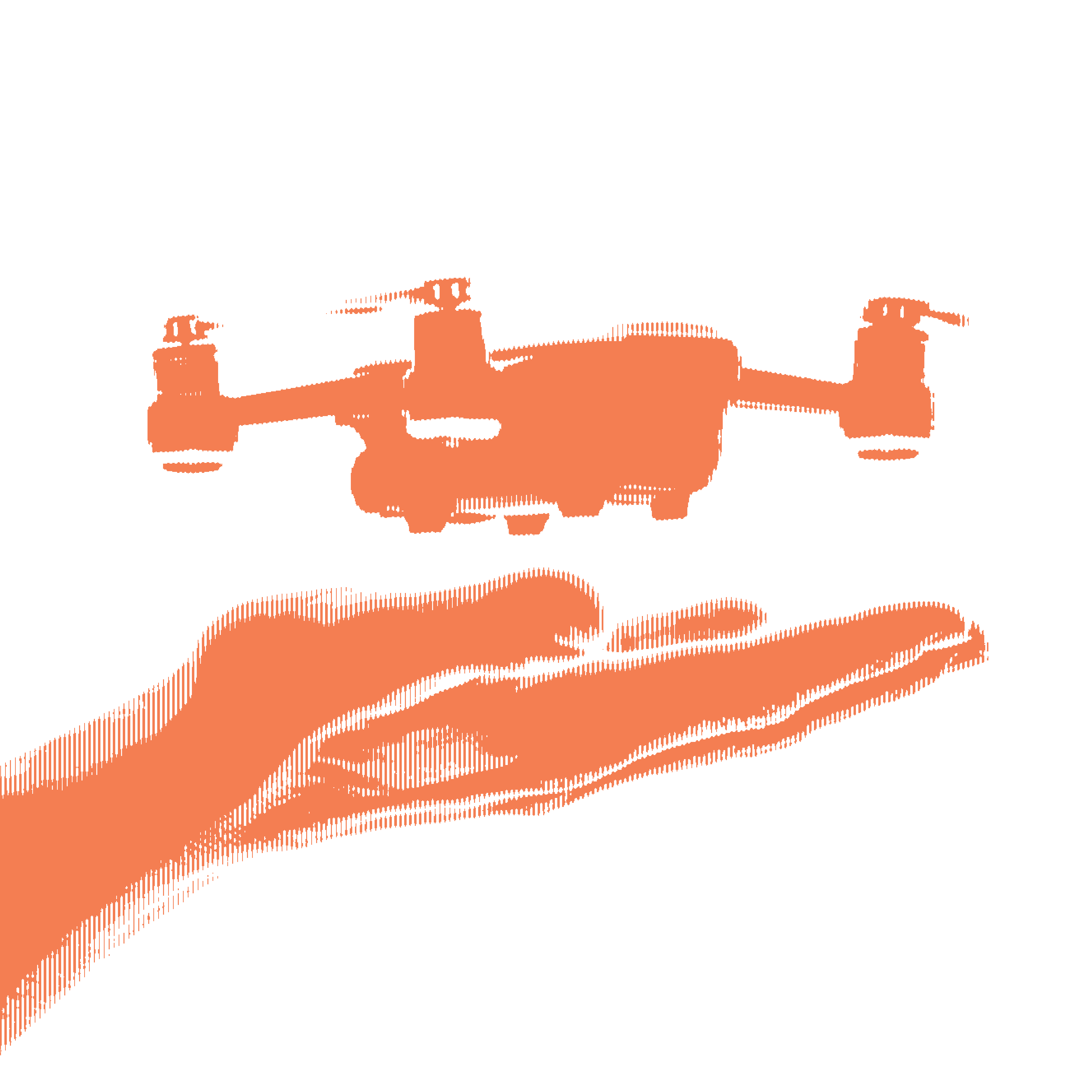The world has been automated to make life for society’s most privileged more convenient: With a click of a button people can post multiple pictures of supposed package thieves on platforms like NextDoor, creating an atmosphere of lawlessness that the numbers don’t always bear out. Through the screens of their phones, people can monitor who’s at the front door using their home surveillance system. Filing dozens of noise complaints over the phone in one night is an onerous task that an app or website has turned into a button click or two per complaint. All these mechanisms are ways for the uncomfortable to express their displeasure with the neighborhood they chose as their new home, without ever getting up from the couch.
But baked into these technologies and data collections are levers of power that play heavily in favor of those who pull them and have implications way beyond their initial intent. The gossip on neighborhood platforms is closely monitored by law enforcement and lawmakers, influencing how the neighborhood may be policed or governed. Ring cameras feed information to hundreds of police departments across the country and are seldom successful in preventing the type of package theft that these cameras were marketed to stop but more often help build cases against low-level criminals. And dozens of noise complaints from one neighbor may feed predictive policing algorithms or may turn a location into a "community hotspot" of crime that is subject to police raids.
This project looks at who is heard the most on these platforms and how their voices flow into the ways in which law enforcement police a neighborhood.













